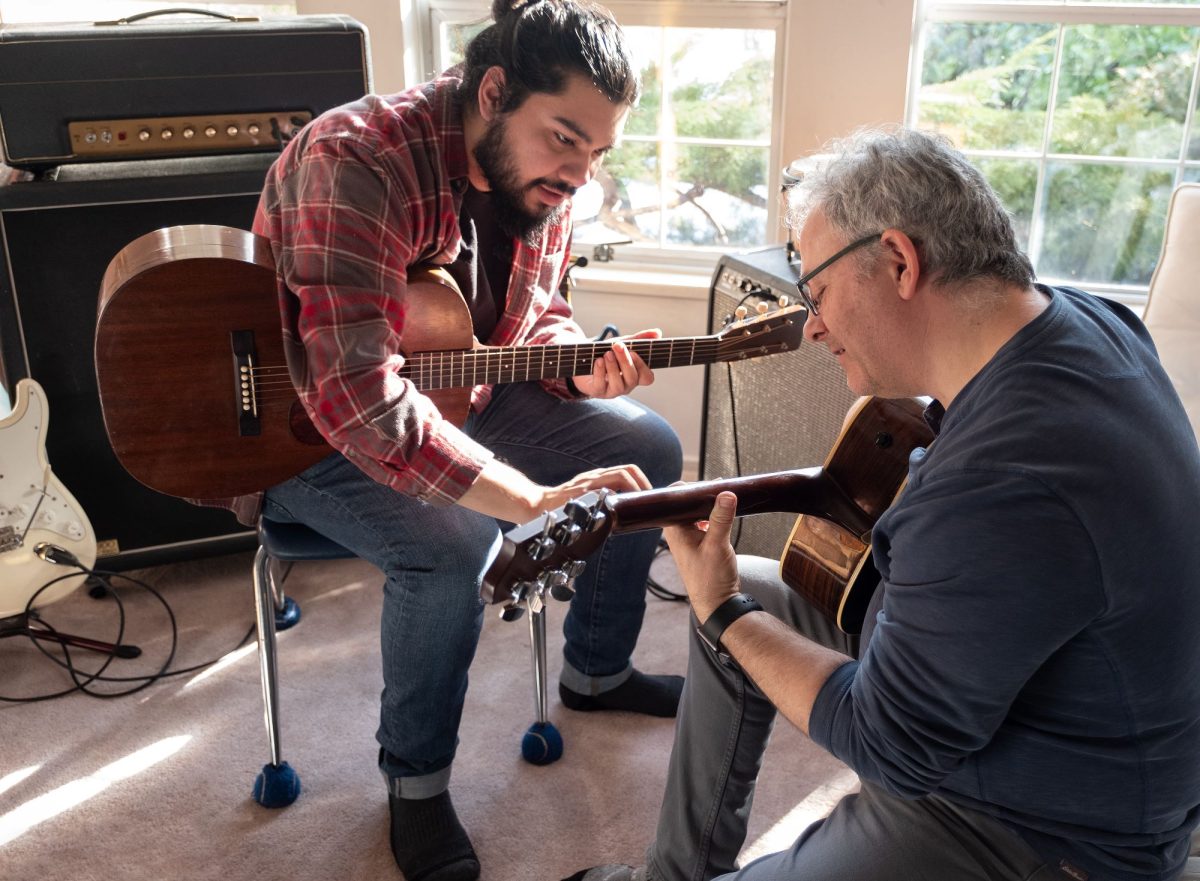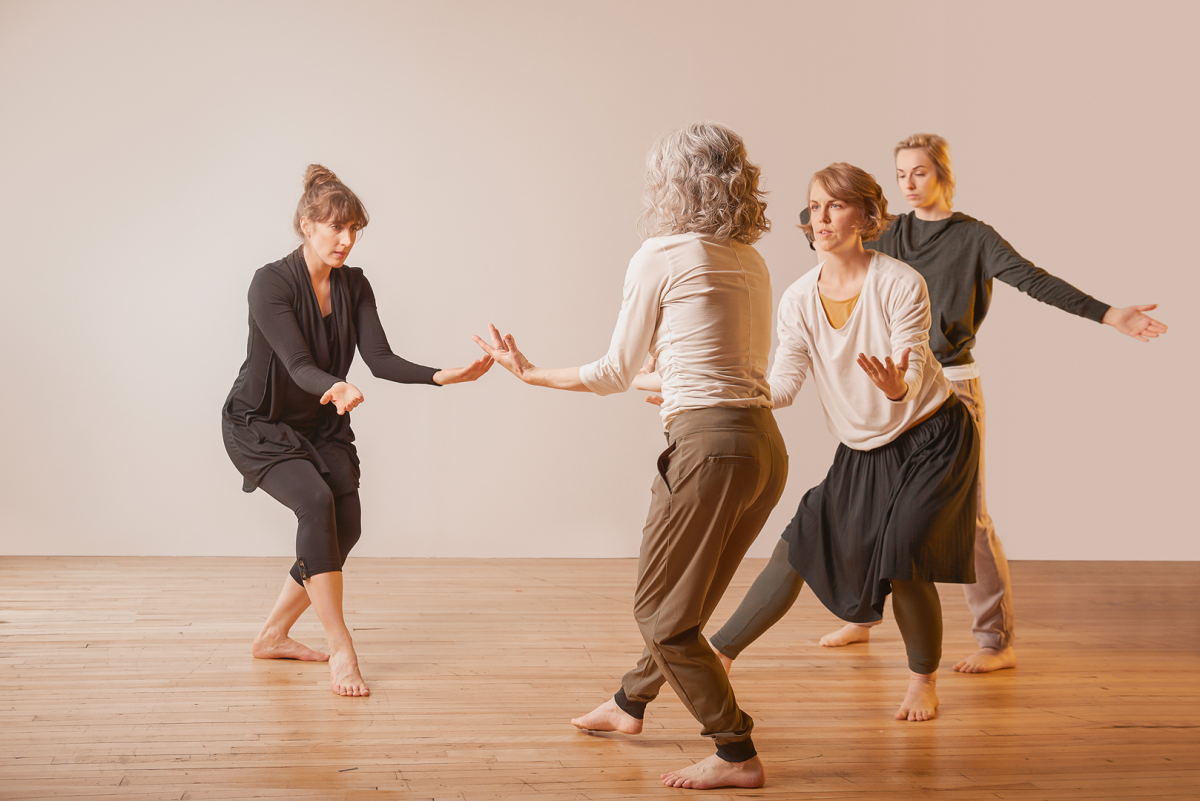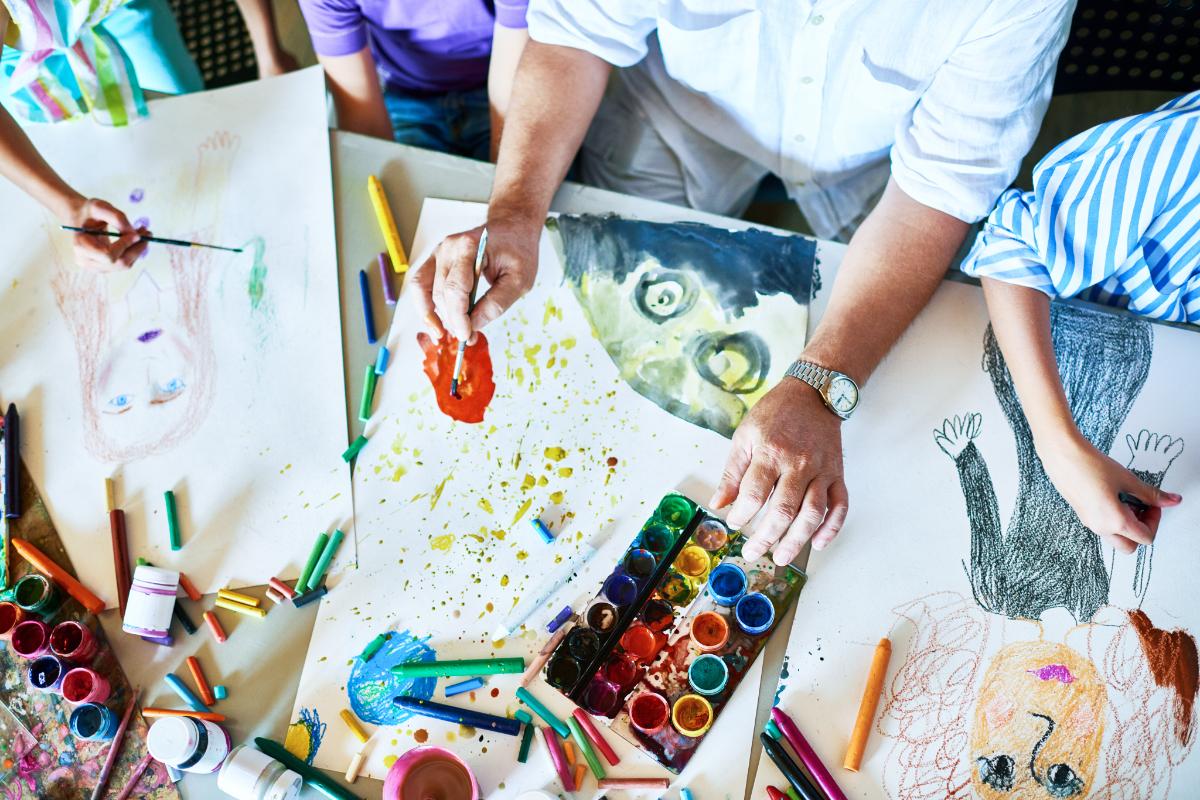Alternative and Holistic Health Therapeutic Approaches (Therapy)
Meditation Therapy Overview

Meditation Therapy is a holistic practice that uses focused techniques like mindfulness, breathing exercises, or guided visualization to enhance mental and physical well-being. It helps reduce stress, manage anxiety, and improve overall health by fostering a calm, present-focused mind. Anyone seeking stress relief, emotional balance, or improved mental clarity can benefit from meditation, making it suitable for all ages and health levels.
Positive Outcomes:
- Reduced stress and anxiety
- Improved concentration and emotional resilience
- Enhanced sleep quality
- Better management of chronic pain and high blood pressure
Common Questions about Meditation Therapy
Start with 5-10 minutes and gradually increase to a comfortable duration.
No, you can meditate anywhere with no equipment, though a quiet spot can help.
No, it complements treatment but does not replace professional medical advice.
It’s normal for the mind to wander. Gently redirect your focus without judgment.
Benefits like reduced stress can appear within weeks with consistent practice
Music Therapy: Healing Through Sound

Music therapy is a therapeutic approach that uses music’s power to address emotional, cognitive, and physical health challenges. It involves listening to, creating, or moving to music under the guidance of a certified therapist. This therapy benefits individuals coping with stress, trauma, chronic illness, or mental health issues, as well as those seeking to enhance their well-being. Positive outcomes include stress reduction, improved mood, better emotional expression, and enhanced social connections
Common Questions About Music Therapy
People of all ages, from children with developmental challenges to adults facing stress, trauma, or chronic illnesses.
No, music therapy is for everyone, regardless of musical experience.
Activities can include listening to music, improvisation, songwriting, or guided relaxation exercises.
It complements but does not replace medical treatments, enhancing overall recovery and emotional health.
The benefits vary, but many people report feeling more relaxed and connected after just a few sessions.
Music therapy is a nurturing, non-invasive way to heal and grow, resonating with both the mind and body
Dance/Movement Therapy (DMT): A Holistic Healing Approach

Dance/Movement Therapy (DMT) is a psychotherapeutic approach that uses movement and dance to support emotional, mental, and physical well-being. Based on the connection between the body and mind, it promotes self-expression, emotional healing, and personal growth. Facilitated by trained therapists, DMT involves guided movements and creative expression to help individuals process emotions, improve body awareness, and foster emotional resilience.
Who Can Benefit?
DMT is suitable for those dealing with stress, trauma, anxiety, depression, or low self-esteem. It can also help children with developmental challenges and individuals seeking enhanced self-awareness and emotional balance.
Positive Outcomes
- Improved emotional regulation and stress relief.
- Enhanced mood and mental clarity.
- Better physical health through movement.
- Increased confidence and social connection.
Common Questions About DMT
Sessions involve guided movements, improvisation, and discussions, tailored to individual needs.
No, DMT focuses on self-expression, not skill. It’s about movement that feels natural to you.
Yes, studies show it can reduce symptoms of anxiety, depression, and PTSD while improving overall well-being.
Absolutely. Movement in DMT enhances body awareness, improves circulation, and can relieve tension.
Seek a licensed dance/movement therapist to ensure a safe, guided experience.
DMT offers a nurturing path for holistic healing, allowing participants to reconnect with themselves in a supportive environment
Sound Healing: An Introduction

Sound healing is a holistic therapy that uses sound frequencies and vibrations to promote physical, emotional, and mental well-being. Instruments like gongs, Tibetan and crystal singing bowls, and tuning forks are commonly used to create a relaxing auditory experience, known as a “sound bath.” This practice can reduce stress, improve sleep, enhance focus, and even aid in managing chronic pain
Who Should Consider Sound Healing?
Anyone seeking relaxation, stress relief, or improved mental clarity can benefit from sound healing. It is particularly helpful for those managing anxiety, trauma, or chronic conditions, though individuals with specific medical conditions, like epilepsy, should consult their healthcare provider before participating
Positive Outcomes
- Deep relaxation and stress reduction
- Enhanced emotional resilience
- Improved focus and creativity
- Relief from symptoms of pain, anxiety, and fatigue
Common Questions
Sound frequencies interact with the body, promoting harmony and relaxation by stimulating brainwave activity.
Research shows benefits such as reduced stress, improved sleep, and better pain management.
No, beginners can enjoy its benefits by attending guided sessions.
Most people can, but those with specific conditions like epilepsy should seek medical advice first.
Typical sessions range from 45 minutes to 2 hours and can be tailored to individual needs.
Art Therapy: A Healing Journey Through Creativity

Art therapy combines the creative process with psychotherapy, helping individuals express emotions and explore personal challenges when words fall short. Suitable for those dealing with stress, trauma, mental health issues, or simply seeking self-awareness, art therapy encourages healing through artistic expression. Positive outcomes include enhanced emotional resilience, reduced anxiety, and improved communication skills
Common Questions About Art Therapy
You engage in creative activities like drawing or painting while discussing emotions with a trained therapist.
No, art therapy focuses on the process, not artistic talent.
Anyone—from children to adults—seeking emotional clarity or coping strategies.
Progress varies, but many feel benefits within a few sessions.
